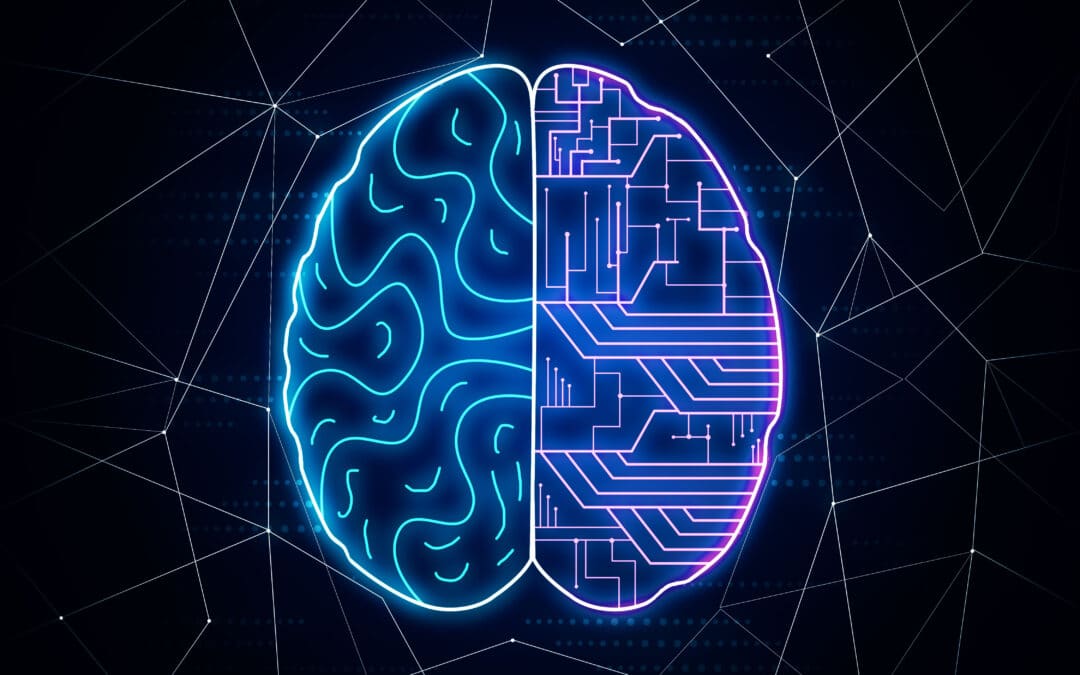Australia was recently thrust into the global IP limelight when the Federal Court controversially determined that an artificial intelligence (AI) system, DABUS, can be an inventor of a patent. Reaction to this decision by Australian IP commentators was immediate and ranged from describing the decision as “progressive”, to risking Australia being “left out on our own and looking like chumps”[1]. The arguments that supported recognition of an AI inventor focused on a desire for greater innovation. Whereas, the criticism of the decision is based, at least in part, on a fear that any expansion of patent filings resulting from AI inventors plays into the hands of those who oppose the patent system. Notably, an important aspect of the Court’s decision related to the expanding use of AI in pharmaceutical research.
Pharmaceutical research and AI
We reported previously that Beach J considered, in some detail, the potential of AI to generate innovations in the pharmaceutical industry and expressed a view that not permitting patents on such innovations because a legitimate inventor could not be listed would be the “antithesis” of the newly introduced object clause in the Patents Act, which states that:
The object of this Act is to provide a patent system in Australia that promotes economic wellbeing through technological innovation and the transfer and dissemination of technology. In doing so, the patent system balances over time the interests of producers, owners and users of technology and the public.
Specifically, Beach J refers to a discussion by the Joint Institute for Innovation Policy in its September 2020 final report on “Trends and Developments in Artificial Intelligence: Challenges to the Intellectual Property Rights Framework” prepared for the European Commission. This report prompted Beach J to refer to relevant points at [46] to [54] in relation to how artificial intelligence has been applied to pharmaceutical research including:
- Identifying molecular targets;
- Automated high-throughput processes for detecting clinical candidates;
- Drug repurposing;
- Polypharmacology – drug molecules targeting multiple targets;
- Development and simulation of vaccines, including understanding the three-dimensional structure of proteins;
- Harvesting and utilising information from databases directed to molecular pathways, crystal structures, binding affinities, drug targets, disease relevance, chemical properties and biological activities; and
- Support and predictive modelling in clinical trials.
The Court then, at [55], focuses on “two key drivers for the recent AI advances that could significantly accelerate drug discovery”. These include:
- digitisation of existing scientific knowledge enabling the discovery of new compounds that could target disease targets; and
- recent advances in the field of machine learning, which can assist in managing the complexity of navigating the vast search space for potential drugs.
Beach J concludes that “what this all indicates is that no narrow view should be taken as to the concept of ‘inventor’. And to do so would inhibit innovation not just in the field of computer science but all other scientific fields which may benefit from the output of an artificial intelligence system” (at [56]).
Concluding remarks
The cornerstone of the decision by Beach J, squarely focuses on supporting contemporary and future innovation not just in the computer sciences space but all scientific fields, including the pharmaceutical space. Testament to this is that AI designed drugs have already been created and are entering clinical trials. This decision permitting AI inventors could, therefore, have a significant impact in putting Australia at the forefront of future pharmaceutical patent protection, given that other jurisdictions have rejected AI inventors.
As expected, this controversial decision has been appealed and Pearce IP will keep you promptly advised of developments.
[1] Patentology 1 August 2021, In Becoming the First Country to Recognise Non-Human Inventors, is Australia a Hero of Progress, or a Chump?

